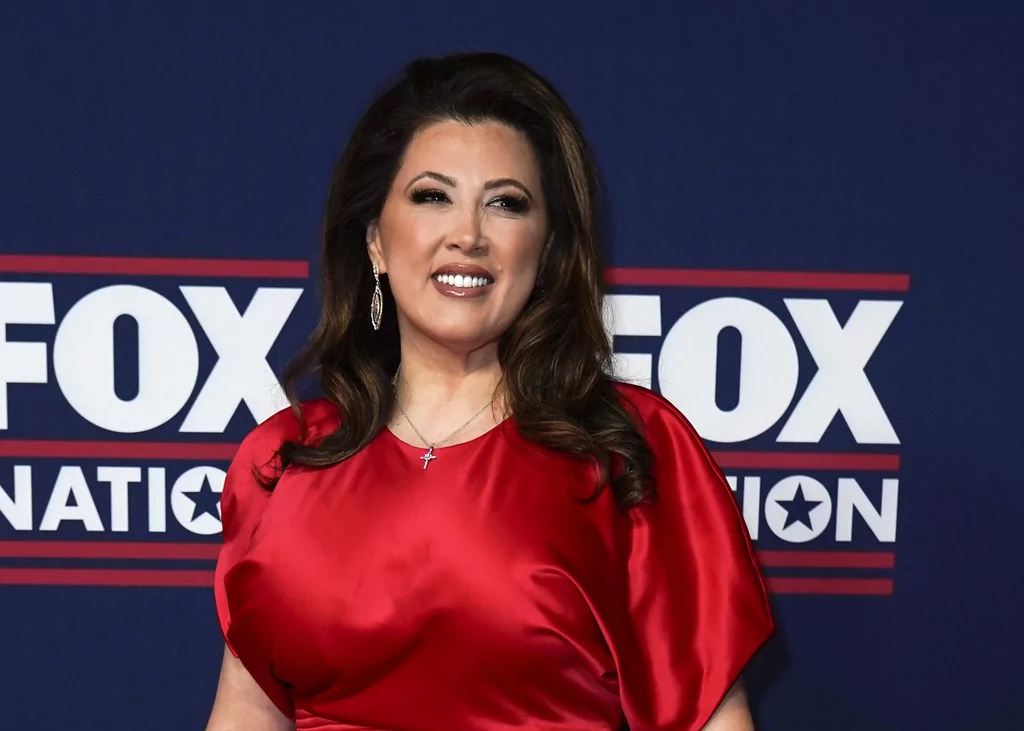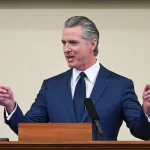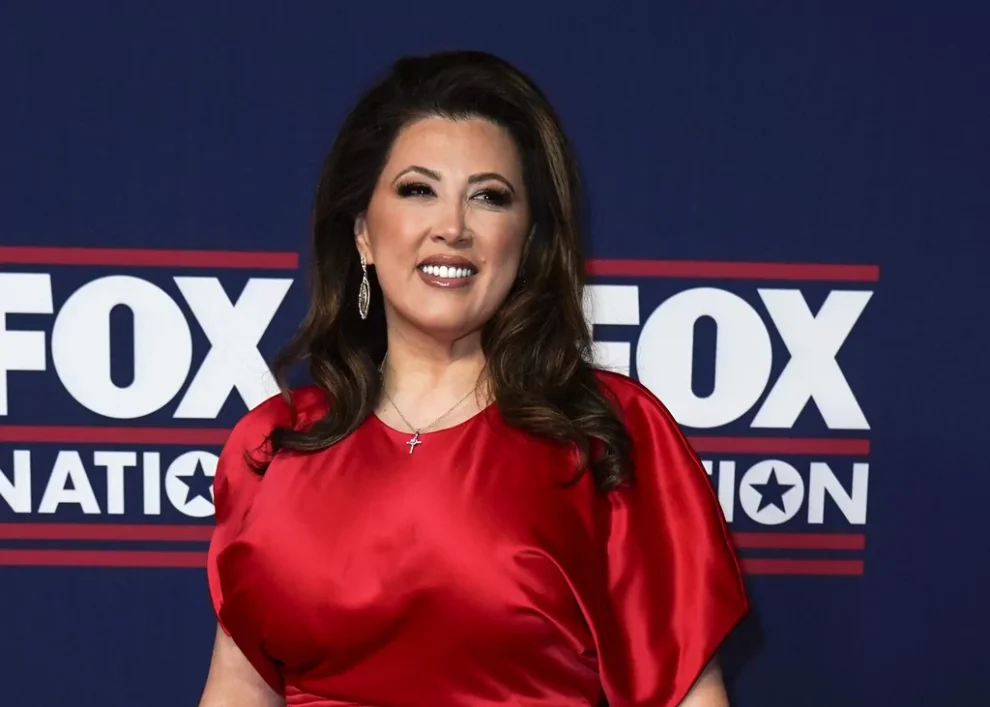President-elect Donald Trump‘s pick for surgeon general, Dr. Janette Nesheiwat, called for a total social media ban for all young children and teenagers during a TV appearance in July.
The approach is growing increasingly popular worldwide.

Nesheiwat is a family and emergency medicine physician and has been a Fox News medical contributor since 2020. Trump selected her for the role on Friday, and if confirmed by the Senate, Nesheiwat would be the country’s top spokeswoman for public health issues.
Just hours after the attempted assassination on Trump in Butler, Pennsylvania, Nesheiwat did an interview on Fox News in which she connected young people’s feelings of hostility and loneliness to their use of social media.
“In my opinion, I think social media should be banned to all teenagers, to all young children because it’s done nothing but harm,” Nesheiwat said. “Social media has had a tremendous negative impact on all aspects of society, especially our younger generations.”
When Florida passed a law earlier this year banning anyone under 13 from setting up social media accounts, Nesheiwat supported it, saying on Fox that the law would protect children from “life-threatening” online risks such as cyberbullying or sexual predators. In 2022, she also said the opioid epidemic could be fought by “tackling” social media.
Vivek H. Murthy, the current surgeon general, has not gone as far as Nesheiwat, but he has emphasized the need for social media restrictions and caution.
Last year, Murthy released an advisory about social media, and in June, he urged Congress to pass new labels warning users of the dangers social media could pose. Murthy has also said that 13 years old is “too early” for children to join social media platforms, suggesting that parents should unite to keep teenagers off those sites. However, Murthy stated in his 2023 public health advisory that “social media has both positive and negative impacts on children and adolescents.”
Social media overseas
Murthy’s and Nesheiwat’s opinions differ, but their shared understanding that social media poses dangers is common. All across Australia, the concept of social media bans is immensely popular. In early November, the Australian government announced a plan that would limit children under the age of 16 from using social media.
The legislation is set to be introduced during Parliament’s final two weeks in session, which began on Nov. 18. The social media restriction could take effect 12 months after the law gets passed, blocking internet users under 16 years old from X, TikTok, Instagram, and Facebook. Children and parents would not be penalized for breaching the age limit, but social media platforms would be.
Trump and TikTok
It’s unknown just how aligned Nesheiwat and Trump’s opinions are on social media safety, but Trump has changed his tune toward social media, especially TikTok.
Trump has said that he wants to “save TikTok,” even though he signed an executive order in his first administration to ban the platform in the United States. A bipartisan law passed in April is pushing the app against a Jan. 19 deadline to gain new ownership outside of China, a day before Trump’s inauguration.
Trump is expected to halt the restrictions on the app when he gets into office, though. ByteDance, the app’s owner, has challenged the ban as unconstitutional, possibly stretching the litigation into Trump’s term, which would give him the opportunity to intervene.
The Protecting Americans from Foreign Adversary Controlled Applications Act would give Trump the power to extend TikTok’s deadline back 90 days if the administration finds that progress is being made toward the sale of the app. However, if the deadline passes before Trump’s administration takes hold, he could push Congress to repeal the law enforcing the ban on the app.
CLICK HERE TO READ MORE FROM THE WASHINGTON EXAMINER
If Congress repealed the law, TikTok could remain under ByteDance’s ownership, reigniting concerns of Chinese oversight, although TikTok has denied any allegations that China collects U.S. users’ data.
Support for a TikTok ban among Republicans has fallen significantly since last year, with the Pew Research Center finding that last year 50% supported a ban compared to 32% this summer.
























